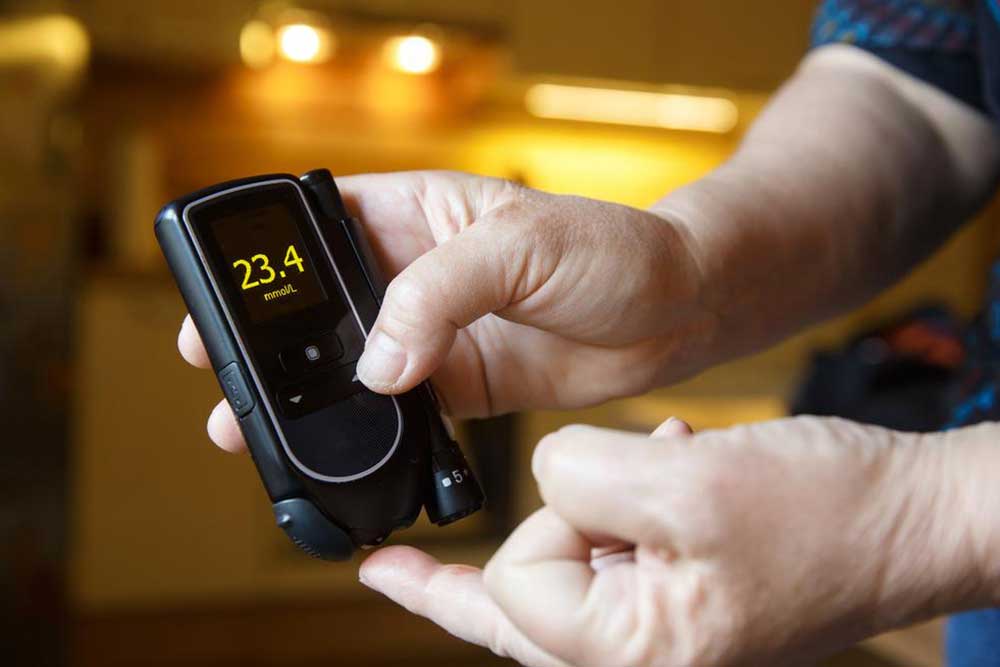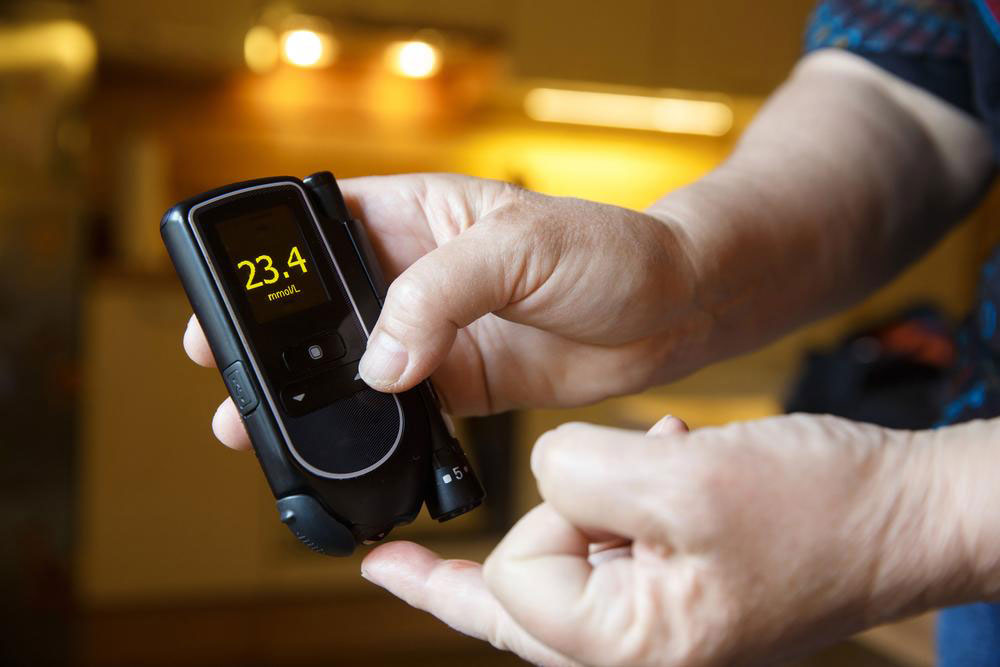Early Warning Signs of Diabetes You Should Know
Discover the early warning signs of diabetes and learn how to recognize symptoms that could indicate the onset of this widespread disease. This comprehensive guide emphasizes the importance of early detection through lifestyle changes, healthy eating, and regular medical checkups to prevent complications and manage blood sugar effectively. Understand what symptoms to watch for and how proactive health measures can lead to better outcomes and a healthier life.

Early Warning Signs of Diabetes You Should Know
In today’s fast-paced world, many people have developed a habit of consuming sweets, desserts, and sugar-laden foods after meals. While these treats may satisfy immediate cravings, excessive intake of sugars and refined carbohydrates can lead to serious health issues, including the onset of diabetes. With approximately 9.4% of the global population affected by diabetes, the prevalence is rising alarmingly, making awareness and early detection more important than ever. Diabetes not only impacts quality of life but also stands as the seventh leading cause of death worldwide, emphasizing the importance of recognizing early symptoms to intervene promptly and manage the disease effectively.
Common Early Indicators of Diabetes
While some forms of diabetes can develop silently without any overt symptoms, a significant portion of cases—nearly one-third of type 2 diabetes instances—present with no obvious warning signs initially. This silent progression underscores the importance of routine health checks and awareness of the subtle signs that may indicate emerging trouble. If you observe certain symptoms, it’s vital to consult your healthcare professional for appropriate testing and early intervention.
Some of the most common early symptoms include:
Persistent increased hunger despite eating adequately
Unquenchable thirst even after drinking water
Dry mouth sensation that persists
Recurrent urinary tract infections or frequent urination
Unexpected weight loss despite normal eating habits
Intense fatigue and muscle weakness
Blurred vision that interferes with daily activities
Frequent headaches and dizziness
If any of these signs are present, it is crucial to seek medical advice without delay. Early diagnosis through blood tests and medical evaluation can help prevent the rapid progression of the disease and reduce the risk of complications such as cardiovascular issues, nerve damage, and kidney problems.
Maintaining a healthy lifestyle is fundamental in managing and preventing diabetes. Adopting a balanced diet rich in whole grains like millet, quinoa, and oats, along with a variety of fresh vegetables and fruits, can significantly improve blood sugar regulation. Regular physical activity, such as brisk walking, cycling, or swimming, enhances insulin sensitivity and aids in weight management. Avoiding processed foods high in sugar, trans fats, and white refined carbs—such as sugary drinks, white bread, and packaged snacks—is essential. Instead, focus on natural, unprocessed foods that support overall health.
In addition to dietary changes, staying vigilant about blood sugar levels through routine health check-ups can help catch early signs and prevent disease escalation. Educating oneself about the risk factors, including family history, obesity, sedentary lifestyle, and age, allows for tailored preventative measures. The earlier you recognize symptoms, the easier it is to implement lifestyle modifications that may reverse or delay the onset of diabetes.
Proper management of diabetes involves more than just medication—behavioral adjustments play a vital role. Stress management techniques, adequate sleep, and avoidance of tobacco and excessive alcohol consumption contribute positively to overall health. Remember, proactive steps today can lead to a healthier tomorrow, minimizing the risk of severe complications and enhancing quality of life. Your health is your most valuable asset—take action early to safeguard it against the threats posed by diabetes.





